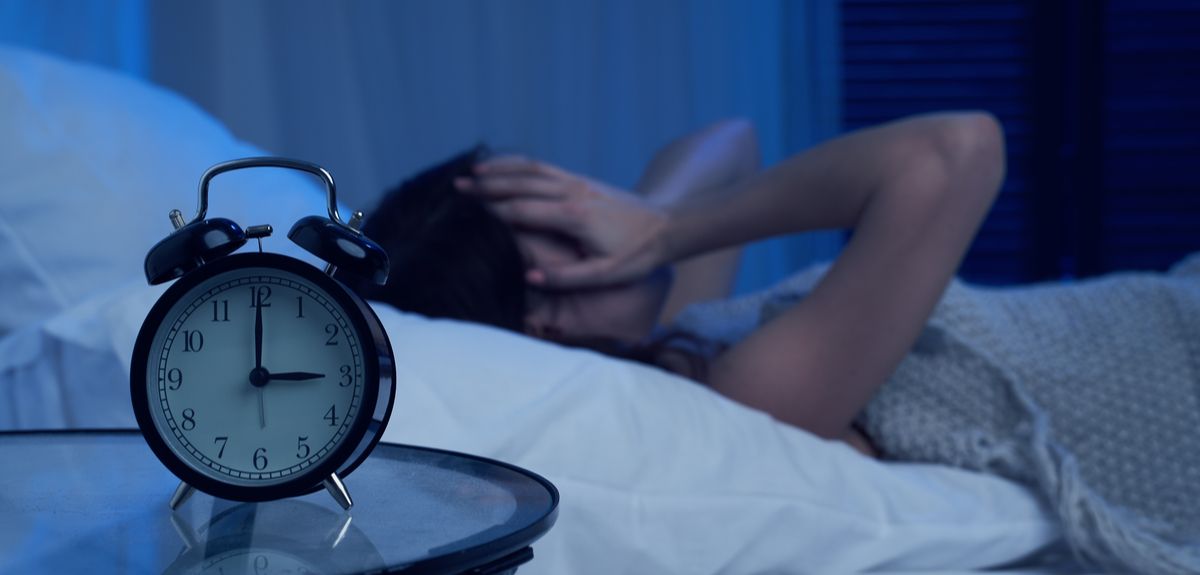
International study finds insomnia, anxiety and depression very prevalent during first phase of COVID-19 pandemic
An international sleep study has found that insomnia, anxiety, and depression were very prevalent during the first wave of the COVID-19 pandemic. Researchers are recommending public health interventions to reduce the long-term adverse outcomes associated with chronic insomnia and mental health problems.
The COVID-19 pandemic brought changes to the way people work, socialise and spend leisure time. It also brought stressors in the form of health concerns, social isolation, financial hardship, home-schooling, and uncertainty about the future. All of this combined has had a major impact on sleep and psychological well-being.
In June 2020, an international group of researchers led by Professor Colin Espie from the Nuffield Department of Clinical Neurosciences at the University of Oxford and Professor Charles Morin, Department of Psychology, Laval University Director set out to investigate the impact of the COVID-19 pandemic on sleep and daily rhythms in adults.
This study documented the prevalence of clinical cases of insomnia, anxiety, and depression and selected risk factors (COVID-19, confinement, financial burden, social isolation) during the first wave of the pandemic from May to August 2020. Over 22,000 adults from 13 countries across four continents completed a web-based survey about their sleep and psychological symptoms.
Over a third of respondents reported clinical insomnia symptoms, and almost a fifth met criteria for a probable insomnia disorder. Over a quarter of participants had probable anxiety and almost a quarter probable depression. Risks of insomnia were higher among participants who reported having had COVID-19, who reported greater financial burden, were in confinement for a period of four to five weeks, and living alone or with more than five people in same household.
Professor Colin Espie said: ‘Health authorities must deploy sleep and mental health prevention programmes, as well as clinical interventions to assist at-risk individuals and reduce long-term adverse health outcomes. Research shows that when you treat insomnia, you often not only see improvements in sleep, but reductions in anxiety and depressive symptoms, and improvement in mental health and wellbeing. This study provides further evidence of the impact of sleep on mental health and how we can begin addressing the mental health crisis through evidenced-based insomnia interventions.’
 Existing hospital analysers offer a low-cost method to screen for fake vaccines
Existing hospital analysers offer a low-cost method to screen for fake vaccines
 Statins do not cause the majority of side effects listed in package leaflets
Statins do not cause the majority of side effects listed in package leaflets